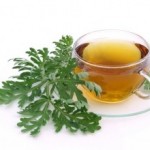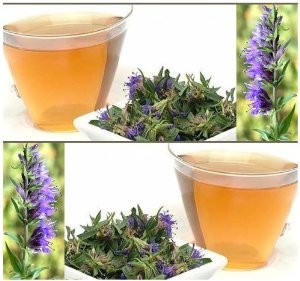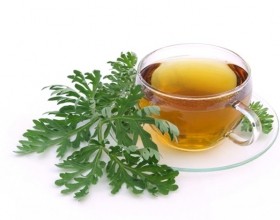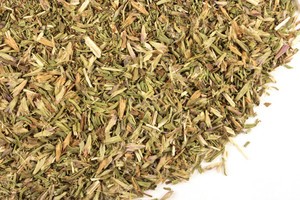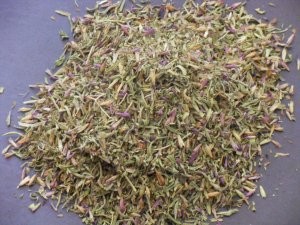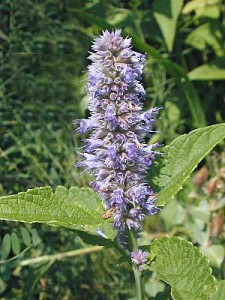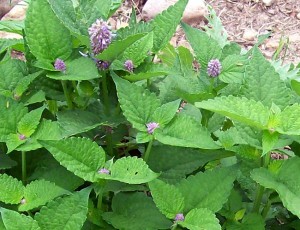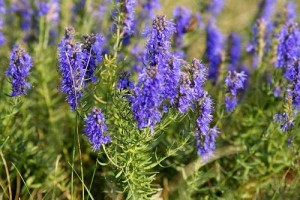Hyssop Tea
The flavorful, aromatic hyssop tea is a nourishing drink prepared from the dried stems, leaves, and flowers of the hyssop plant (Hyssopus officinalis) found in the Middle East and parts of Europe. Another herb called anise hyssop (Agastache foeniculum) though unrelated is also used to make this herbal tea. In addition to its antiseptic and cough-relieving effects, it offers plenty of other health benefits.
History and origin
The name hyssop has been adapted from the Greek word hysoppus, as also from the Hebrew term esob or esov. During the Classical Period, its use was common in Greece and Rome. Several transcriptions of the Bible, particularly the verse 7 in the Book of Psalms, bear the herb’s name.
The priests in ancient Egypt used hyssop for religious purification and ate it with bread. Many Greek pharmacologists and physicians including Galen, Pedanius Dioscorides, and Hippocrates recommended its use.
The Native Americans have been traditionally using it to relieve depression. Some tribal people including the Chippewa and Cree wrap it in medicine bundles, which they believe, possess healing and protective powers.
Hyssop tea benefits: what is it good for
Resolves respiratory problems
It has been traditionally used as a natural remedy for persistent coughs and cold. It contains useful phytochemicals like camphene, isopinocamphone, and pinocamphone that aid in treating common cold. Being a potent expectorant, it helps loosen nasal congestions and eliminates mucus accumulated in the airways. Therefore, its consumption is effective against bronchitis, asthma, and other conditions of the lungs as well as the respiratory tract.
Aids digestion
Regular intake of this herbal infusion increases the secretion of digestive enzymes, speeding up decomposition of food and facilitating absorption of the nutrients by the body. Thus, it promotes functioning of the liver, lessening the risks of intestinal gas and gallbladder problems like gallstones, as also increasing appetite.
Regulates blood pressure
High blood pressure can cause the arterial walls to grow thicker, lessening the space required for normal blood circulation. This makes it difficult for the different organs to function properly, increasing the chances of congestive heart failures and strokes. Scientific studies have shown that consumption of hyssop tea helps regulate blood pressure, and thus aids in maintaining a steady blood circulation.
For intestinal parasites
Humans can get intestinal infections caused by parasites like roundworms, tapeworms, and ringworms. These might result in stomach pain, nausea, diarrhea, and dysentery. Taking a cup of hyssop tea on a regular basis reduces the symptoms, as also facilitates in getting rid of these harmful parasites.
Weight loss
Excess energy intake over long periods might result in obesity in children and adolescents. The primary constituents in hyssop help lessen carbohydrate absorption from the gastrointestinal tract, thus decreasing energy intake. Preliminary results of studies suggest that its use aids weight loss, as also helps in treating diabetes.
Urinary tract infection
Since it has antibacterial properties, drinking it regularly relieves the symptoms of the bladder infection and prevents it from spreading to the kidneys.
Useful for HIV/AIDS
According to clinical studies, dried hyssop leaves exhibit strong anti-HIV activity due to the presence of tannins and caffeic acid. Therefore, it helps in preventing replication of HIV, which makes it beneficial for those with AIDS.
Menstrual cramps
Because of its antispasmodic properties, it provides relief from excessive cramps and pain during heavy menstrual periods.
Other uses
- Its leaves can be applied as a poultice to soothe wounds, bruises, burns, and rashes on the skin.
- A weak tea prepared from hyssop can be used as a bath to promote sweating, which helps in eliminating toxins from the body.
- The infusion relieves a sore throat when used as a gargle.
How to make hyssop tea
- Take 4-6 teaspoons of dried hyssop in a teapot
- Pour 2 cups of boiling water over the ingredient and cover the teapot
- Steep for 5-10 minutes
- Pour the mixture through a strainer into teacups
- Add some sweetening agents like sugar or honey if you desire
Safety and precaution
Side effects
Having hyssop tea in moderate amounts is safe, but those who had seizures in the past should avoid its use as it might aggravate the condition. Its consumption is unsafe for children since it may trigger convulsions in them.
During pregnancy
Expecting women should refrain from drinking it as it might induce uterine contractions, which could result in a miscarriage. Those who are breastfeeding should also avoid it.
Where to buy
Organic hyssop tea, free of caffeine, is sold both online and in local herbal tea stores.
References
- https://en.wikipedia.org/wiki/Hyssopus_officinalis
- http://healthyeating.sfgate.com/hyssop-tea-good-for-7547.html
- http://www.anniesremedy.com/herb_detail132.php
- https://elmaskincare.com/herbs/hyssop/
- http://www.herballegacy.com/Parasites_and_Worms.html
- http://therapy.epnet.com/nat/GetContent.asp?siteid=EBSCO&chunkiid=111697
Article was last reviewed on 22nd December 2022
Related Articles
Leave a Reply
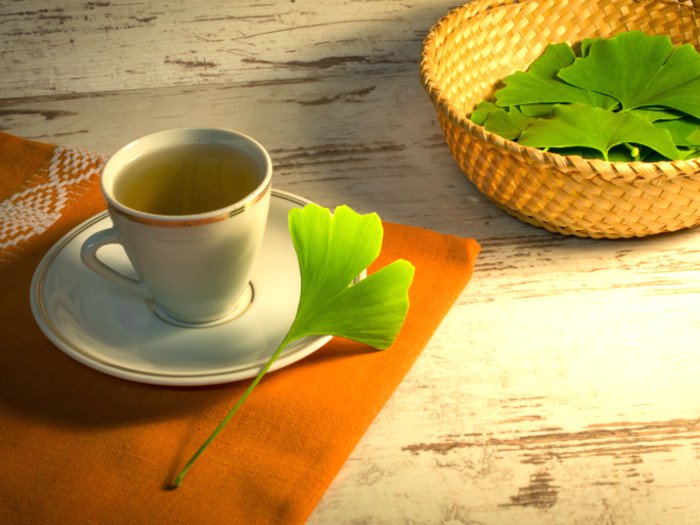
Ginkgo Biloba Tea
The Ginkgo Biloba tea is an herbal infusion obtained from the extract of the dried leaves
Read more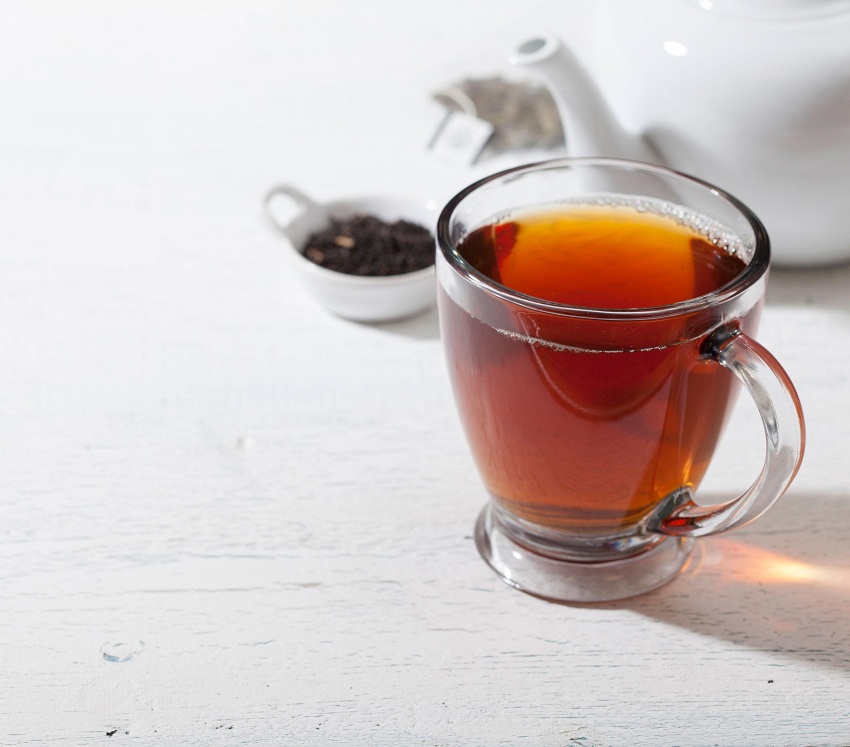
Black Tea
Black tea, belonging to the same group as the green, white and oolong teas is the most oxi
Read more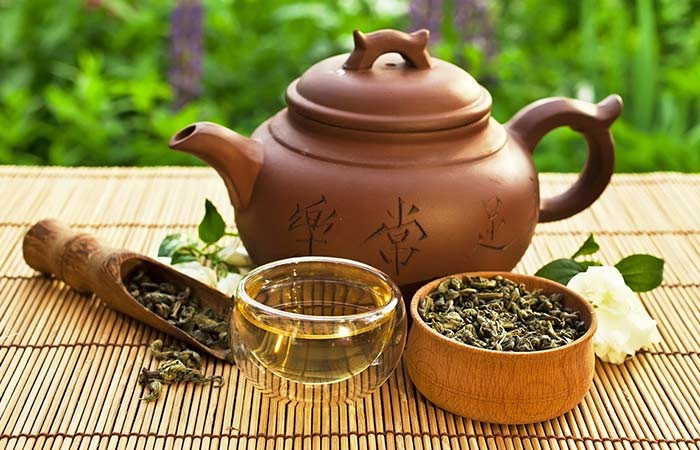
Oolong Tea
What is oolong tea Oolong, a traditional beverage of China, is prepared from the buds, st
Read more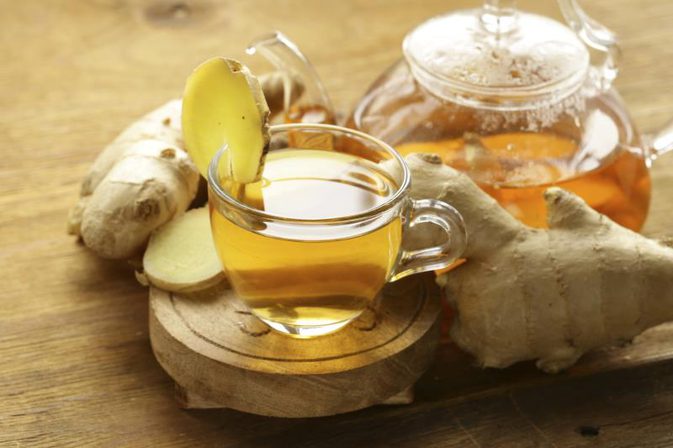
Ginger Tea
Ginger tea, prepared from the roots of ginger, is a popular herbal beverage of Asia. Becau
Read more
